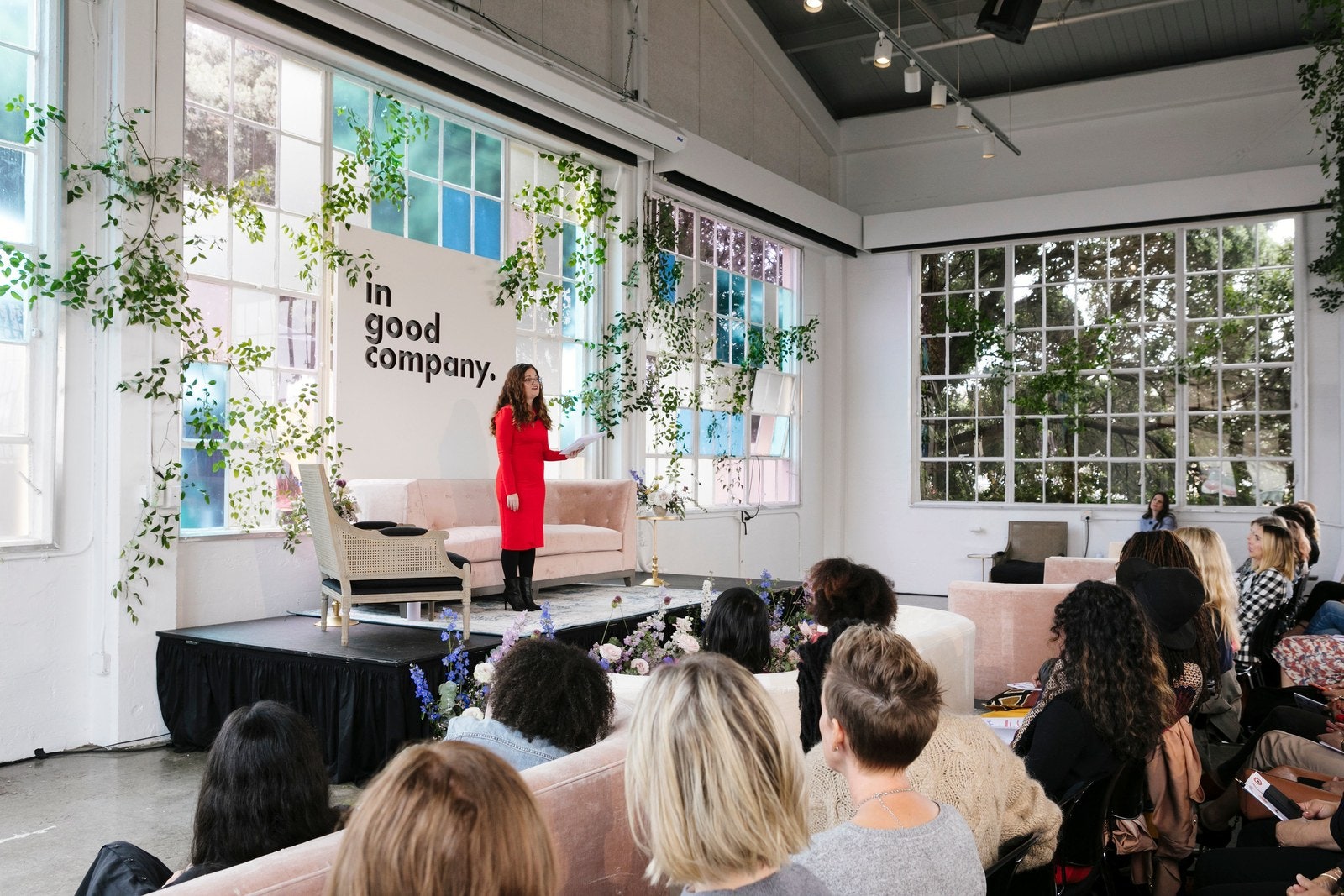Planning My Wedding—And a Marriage—Without Gender Roles

Last summer, my fiancé and I asked a couple celebrating their 40th anniversary what their secret to a long, happy marriage is. They thought for a moment and said, “Do your own laundry.” They were dead serious. Taking responsibility for their own laundry, a chore neither of them wanted to do, meant that the task always got done but never solely rested on one partner or the other.
It was a smart idea, my fiancé and I agreed. Then we continued to mix our laundry and get in squabbles about who was doing more loads of it.
I have shared a home with my fiancé, a cisgender heterosexual male, for several years. Finding a division of household tasks that feels fair and equal has definitely been a topic of (sometimes heated) discussion in our home. But overall, I feel lucky to have an equal and progressive partner and am happy with the balance we’ve found: We switch off on meal prep, team up for apartment deep-cleans, and now alternate laundry loads.
But as we began wedding planning last fall, I couldn’t help but notice how the gender-focused traditions around marriage made me more sensitive to the dynamics in our relationship. Almost immediately, I was struck by how much of our planning to-do list naturally fell to me, simply because I’m a woman and likely know more about wedding prep than my partner does.
In some ways, that made sense: The fact that I grew up on a steady diet of “fairytale wedding” movies and have several close friends who’ve gotten married meant that I at least have some sense of how wedding planning works. Plus, let’s be honest, the vast majority of the gorgeous wedding guides and websites out there—with their soft colors and pretty florals—are presumably geared toward women. It wasn’t that my fiancé didn’t want to help; he simply had no idea where to start.
So I stepped into the role of primary planner, with only the tiniest chip on my shoulder. As I scoured wedding websites, launched spreadsheets, and reached out to vendors, I started thinking of other areas in which women are often presumed to be the experts and therefore tasked with planning, assigning, and executing. At the top of that list: parenting.
I’m not a mother yet, but hope to have children in the near future. Over the years, I’ve watched mothers I know navigate the terrain of maintaining domestic parity with their male partners—something that can be even more difficult to achieve with the added demands of having kids.
A complaint I hear all the time: Male partners don’t always understand the amount of behind-the-scenes, unpaid work that women put into raising children. Seemingly small tasks like scheduling doctors’ appointments and play dates, meal prep, and cleaning really add up—and it’s sometimes hard to get male partners to share those tasks or make them a priority, even if they’re more than happy to take kids to school or spend time playing with them.
Moms often end up taking on the less fun (but unavoidable) tasks just so they get done, and I could feel myself doing the same—and fretting about it—with wedding planning. As my fiancé and I talk more about having kids, I couldn’t help but think about how that could supercharge tiffs over laundry or who’s in charge of calling the caterer (or, down the line, the babysitter).
Recently, I found myself stewing over all of this as I listened to author and clinical psychologist Dr. Darcy Lockman give a keynote speech at the In Good Company conference in San Francisco. The title of her talk? “The Patriarchy at Home.” She had my attention.
